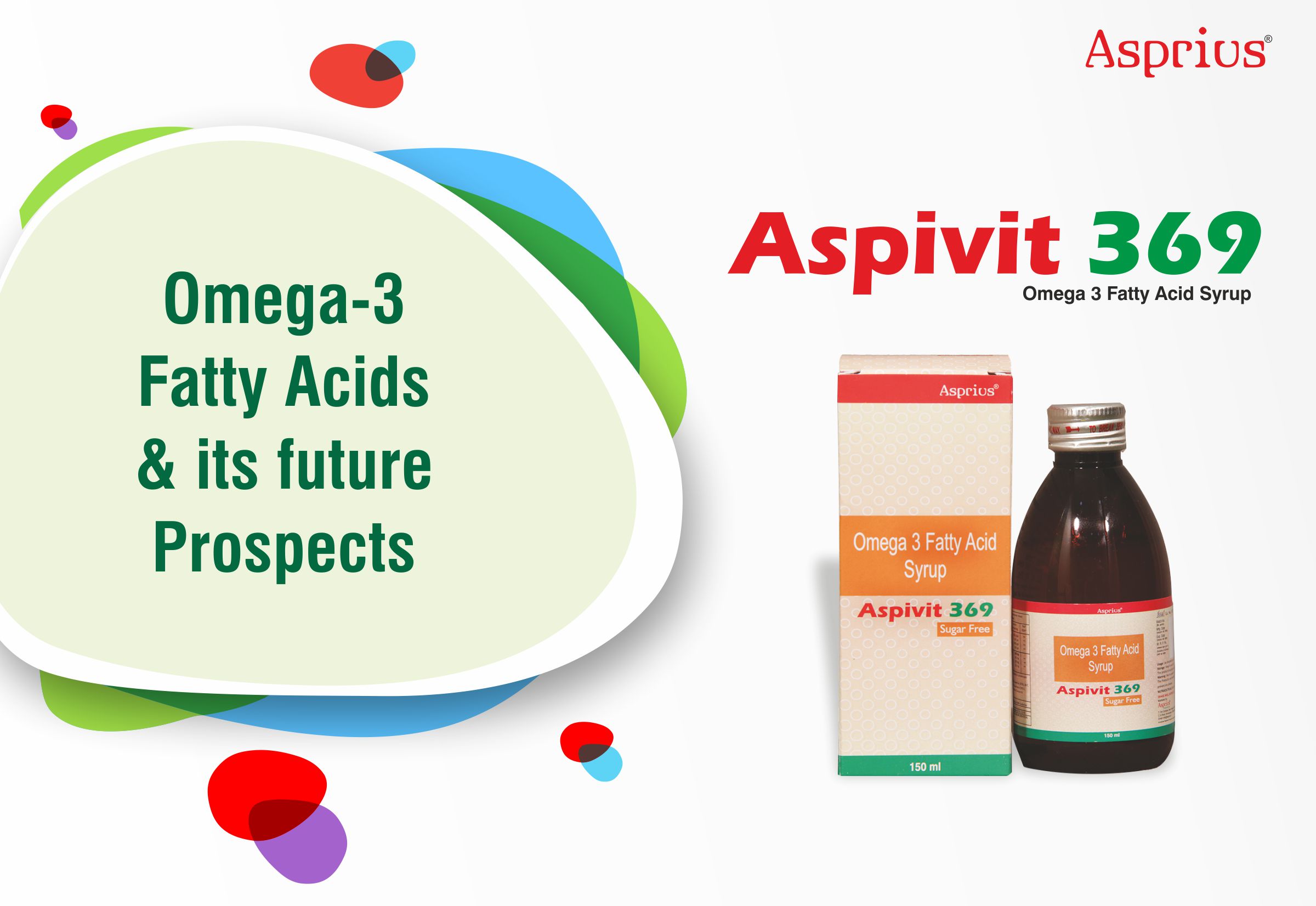
Dr. Sanjay Agrawal
Leading Pharmaceutical consultant and editor-in chief of IJMToday

Vitamin D
Over the past several years, the role of vitamin D in immunomodulation has been studied and shown to have a significant impact on innate and adaptive immunity to infections, including the pathophysiology of allergic asthma. It has been proposed that the increase in allergy and asthma is a consequence of widespread vitamin D insufficiency which appears to be frequent in industrialized countries, reflecting the insufficient intake of diet-sourced vitamin D. The serum vitamin D level is associated with asthma in children as well as adults. A randomized, placebo controlled clinical study with 1024 children suffering from mild-to-moderate persistent asthma has shown that Vitamin D deficiency has associated with a higher rate of severe asthma . There is a significant positive correlation between forced vital capacity percent predicted and serum vitamin D level children with asthma. Moreover, 91.6% of these asthmatic children are not sufficient in serum vitamin D level. Low level of vitamin D in serum is also associated with increased hyper responsiveness and reduced glucocorticoid response in adults with asthma. These studies have indicated that the low serum vitamin D level is related to reduced lung function and higher risk of asthma. Reduced the risk of asthma exacerbation triggered by acute respiratory tract infection is observed in a vitamin D supplementation. Higher consumption of vitamin D during pregnancy may reduce the risk of childhood wheeze and asthma.
A Multivitamin May Help
Some experts believe that taking a daily multivitamin can help ensure you’re meeting at least your daily minimum requirement for certain nutrients. Vitamins that are critical for immune function include vitamins A, C, D, and E. Zinc, selenium, and magnesium are minerals that your immune system needs to function at its best. These minerals are also critical for the function of many enzyme reactions in the body. Your immune system and body can’t function at their best without the basic building blocks they need to work properly.
Specially Vit. D3 has important and main role as immunity enhancer
Vitamin D deficiency is recognized as a pandemic affecting all ages and strata of population. The endogenous cutaneous synthesis of vitamin D is insufficient to maintain normal body requirement which necessitates the need for vitamin D supplementation or food-fortification. Conventional fat-soluble preparations of vitamin D have been traditionally used for prevention and therapeutic purposes. Recent advances in technology have enabled delivery of vitamin D through nanoemulsion formulations which ensure higher absorption and drug delivery. The following review briefly discusses the issues of bioavailability of nanoemulsion preparation of vitamin D vis-a-vis conventional fat-soluble preparations.
Advantages of – Nano emulsion Shot technology
-Greater absorption
-Higher plasma levels
-Better bioavailability and homogeneity
-Better patient compliance
-Therapeutic role in patients with mal absorption syndrome
-Better hepato protection
– Easy to administer in patients with swallowing difficulties




